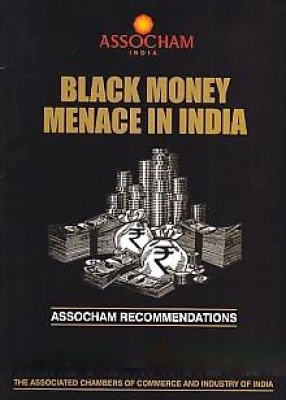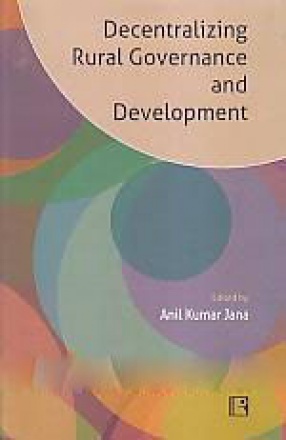Of late, the banking industry has undergone rapid changes, followed by a series of fundamental developments. Most significant among them is the advancement in information technology as well as communication system. This has changed the very concept of traditional banking activities and has been instrumental behind broadening the dissemination of financial information along with lowering the costs of many financial activities. Information technology and communication networking systems have revolutionized the functioning of the banks. In the highly industrialized countries, access to financial entities is on an online basis. Banks as well as other financial institutions in India have only recently entered the world of information technology and computer networking. Secondly, increasing competition among a broad range of domestic and foreign institutions in product marketing area has become a prevalent practice. Thirdly, in line with the increase in overall economic activities, financial institutions, too, have modified themselves accordingly in all the spheres including customer services. Consequently, the institutional and systematic structure of the financial sector in general and banking sector in particular has undergone drastic changes. Nowadays we see many changes in banking administration and customer service areas. In many Indian cities there are 24hours ATM counters, branches of every nationalized, private, and international banks, quick cheque clearance system, fund transfer and every other conceivable facilities have been added for the benefit of account holders. About thirty-six eminent economists and scholars have contributed their valuable papers on the subject of banking and financial sector reforms in India. The Indian triumvirate of Manmohan Singh, Montek Singh Ahluwalia and P.C. Chidambaram, no doubt, will reform every aspect of banking and financial sector business. The contributors have dwelt at length upon the present scenario and future perspectives of Indian scenario and future perspectives of Indian Banking and Financial Sector business.
Indian Banking and Financial Sector Reforms: Realising Global Aspirations (In 2 Volumes)
In stock
Free & Quick Delivery Worldwide
reviews
Bibliographic information
Title
Indian Banking and Financial Sector Reforms: Realising Global Aspirations (In 2 Volumes)
Author
Edition
1st ed.
Publisher
ISBN
8188683876
Length
xiii+338p., xiii+341-704p., Tables; References; Index; 22cm.
Subjects








There are no reviews yet.